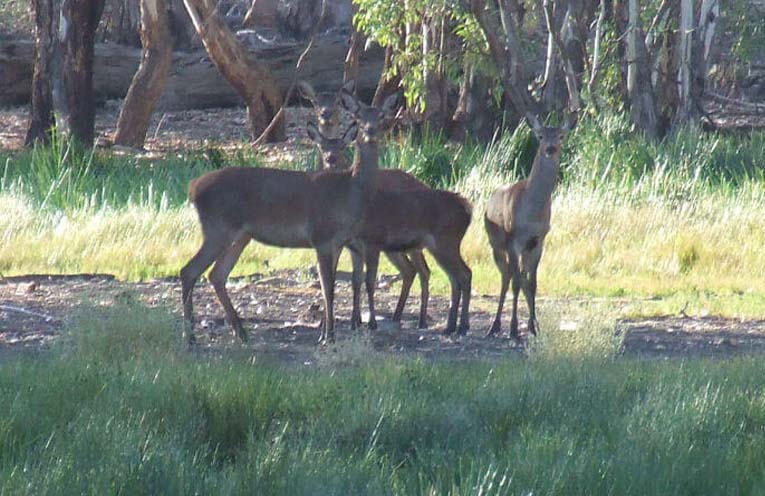
GROWING feral deer populations across NSW have prompted Local Land Services (LLS) to highlight the safety and environmental risks to the community.
Five introduced species of feral deer have established populations throughout the state, including in urban areas where they can be harder to control and have even greater human health and social impacts.
Identified as a priority pest animal in all 11 LLS regions, deer can cause vehicle accidents; damage crops, gardens and vegetation; spread invasive weeds; transmit disease; and contaminate water sources through wallowing.
Some species can jump up to 2.5m high.
Without intervention, LLS say feral deer populations can rise by 34 to 50 percent in a single year.
A modest herd of 30 deer can balloon to 500 in a decade.
“In NSW, all landholders have a responsibility to manage biosecurity threats on their properties, including pest animals like feral deer to protect land and livestock and minimise the threat to public safety,” LLS said in a statement.
“Local Land Services can support landholders to manage feral deer by providing the latest advice on control methods and coordinating wide-scale control programs.
“These control methods include aerial and on-ground shooting programs as well as trapping to safely and humanely cull feral deer.”
LLS Program Lead Invasive Species, Emmaline Froggatt, said due to their behaviour, feral deer often go undetected until their population grows, or seasonal conditions force them to venture further out of timbered areas.
“To some people, four or five deer might not seem like an issue, but herds of 45 start to become a real problem,” she said.
“Unfortunately, by that time, the novelty has worn off and they are much harder to control.
“Deer are not native to Australia and don’t have a natural predator, so they are quite resilient.
“This makes them, at best, a public nuisance, and, at worst, a serious threat to agriculture and human safety.”
The NSW Government has invested $13.1 million in the expanded Feral Pig and Pest Program 2024-25, which includes measures to reduce the impacts from pest animals across the state.
